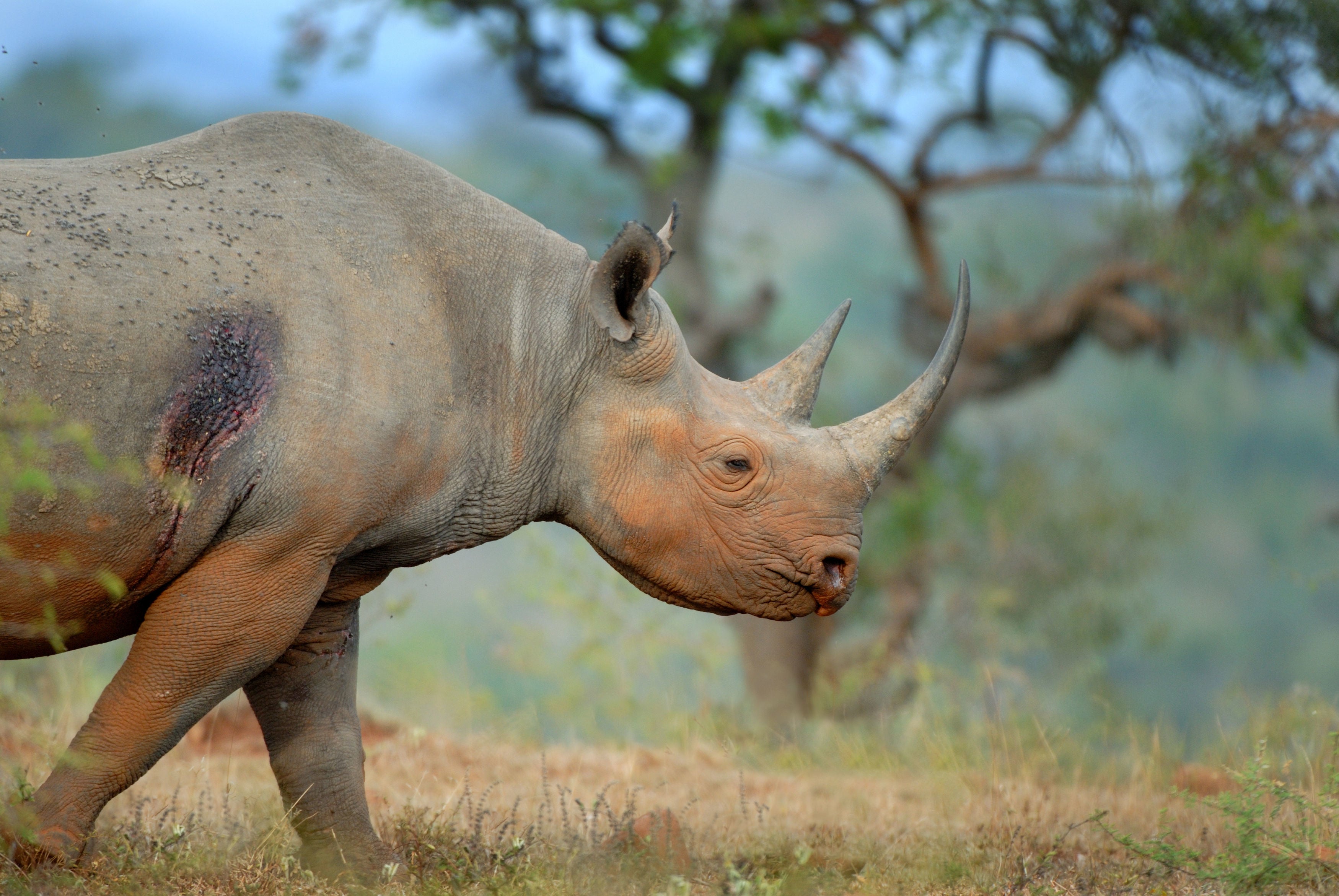Pandemic ‘undermining conservation efforts’ with cuts to poaching patrols and wildlife protections, warns IUCN
Collapse of international tourism leads to heavy revenue losses for many wildlife parks – but some animals are enjoying respite from visitors, finds Tom Batchelor


The pandemic is undermining nature conservation efforts around the world, including cuts to park rangers and anti-poaching patrols, according to new research.
More than half of protected areas in Africa reported they were forced to halt or reduce field patrols while a quarter of protected areas in Asia had to scale back conservation activities, the International Union for Conservation of Nature (IUCN) said on Thursday.
Tourism revenues that are key to many conservation projects have plummeted and other closures have impacted environmental projects globally.
One in five park rangers said they had been made unemployed by Covid cutbacks while nearly two-dozen countries were found to have rolled back environmental protections, leading to new road construction or oil and gas extraction in areas designated for conservation.
“While the global health crisis remains a priority, this new research reveals just how severe a toll the Covid-19 pandemic has taken on conservation efforts and on communities dedicated to protecting nature,” said IUCN Director General Dr Bruno Oberle.
“Let us not forget that only by investing in healthy nature can we provide a solid basis for our recovery from the pandemic, and avoid future public health crises.”
IUCN, a Swiss-based environmental network, said research released in a series of articles in its journal Parks represents the most comprehensive review to date of the links between the pandemic and nature conservation.
A survey of rangers in more than 60 countries found that one in four rangers had seen their salary reduced or delayed, while 20 per cent reported that they had lost their jobs due to Covid-19-related budget cuts.
Rangers from Central America and the Caribbean, South America, Africa and Asia were worse affected than their peers in Europe, North America and Oceania.
Nigel Dudley, co-author of a paper in the journal, raised concerns about the longer-term impact of falling tourism on conservation budgets. “Parks have emptied out to a large extent and there's no money coming in,” he said.
Bush meat hunting has also increased significantly due to both patrol reductions and growing poverty, he added.
Rachel Golden Kroner of Conservation International, one of the authors who contributed to the journal edition, said: “We cannot allow the current crisis to further jeopardise our natural environment.
“If we are to build a sustainable future, rollbacks of environmental protections must be avoided, and recovery measures need to be planned in a way that not only avoids negative impacts on biodiversity, but charts a more sustainable and equitable way forward.”
While the research painted a bleak picture across much of Africa and Asia, researchers said in Latin and North America, Europe and Oceania, most protected areas were able to maintain core operations despite closures and losses of tourism revenue.
And some animals appeared to enjoy the respite from visitors with more park sightings reported of some species such as a pig-sized endangered mammal called the Mountain Tapir in South America.
“That's a lesson for us for longer-term management, that animals need to have a rest and that tourism is wonderful but can also bring problems,” said Mr Dudley.
Reuters contributed to this report

Join our commenting forum
Join thought-provoking conversations, follow other Independent readers and see their replies
Comments